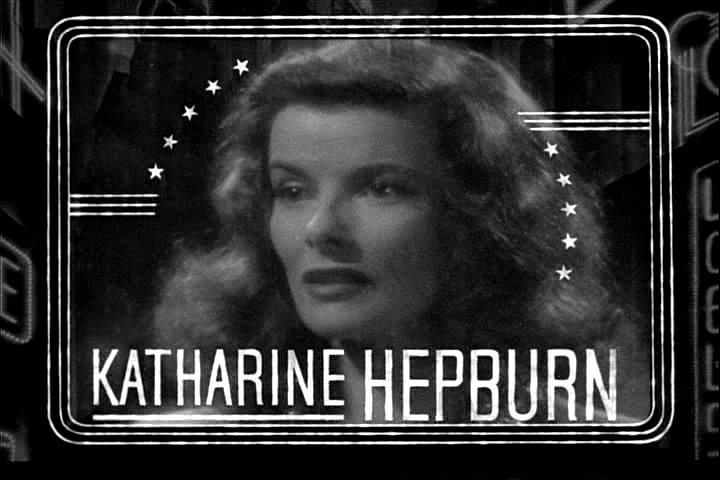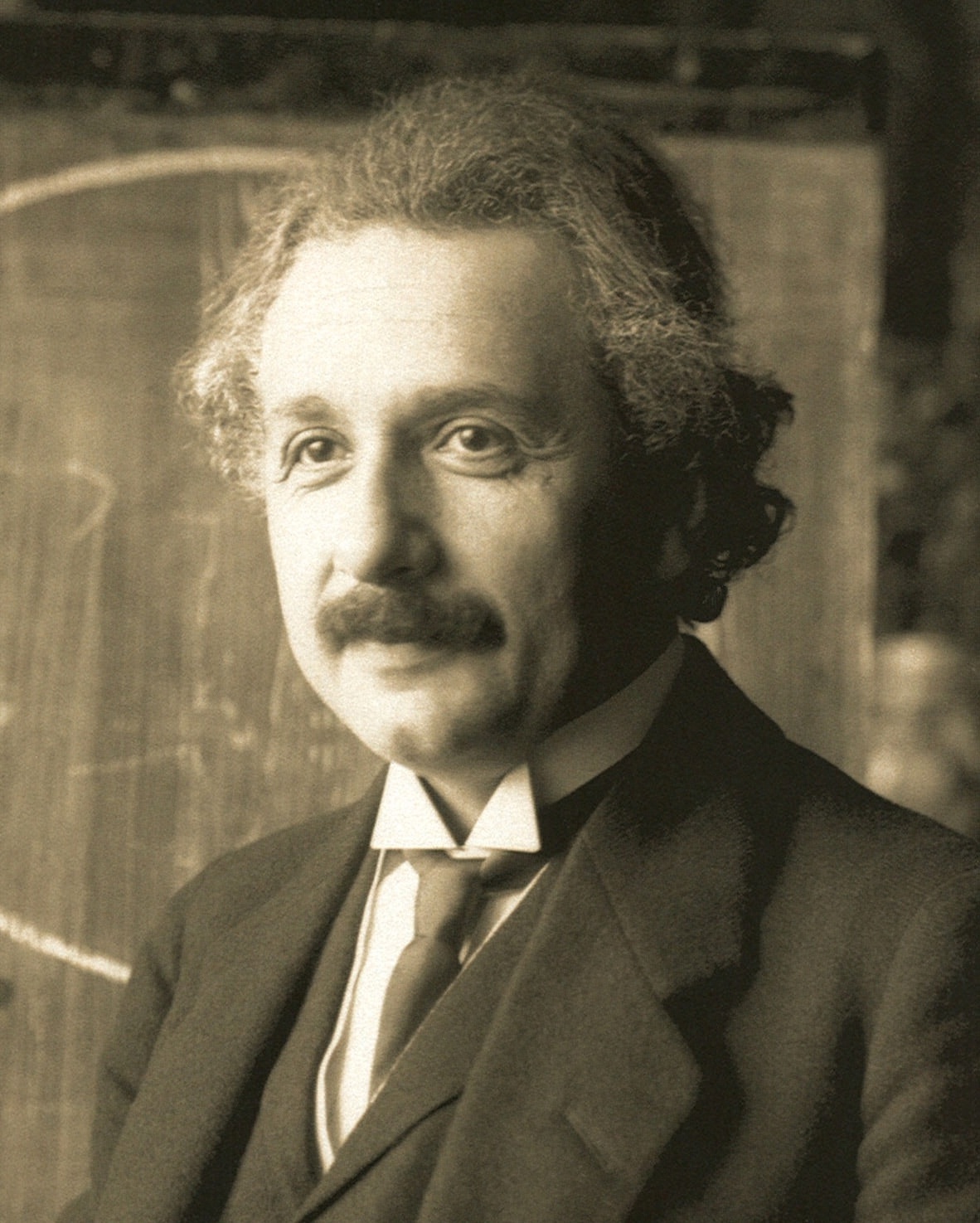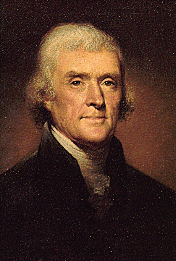Atheism
While campaigning for the presidency in 1987, George H. W. Bush said:
“I don’t know that atheists should be considered as citizens. Nor should they be considered patriots. This is one nation under God.”
Many Americans would agree. Recent polls indicate that atheists are the most distrusted and despised minority in the United States, ranking below Muslims, gay people, and recent immigrants.
Why all the hate? Are nonbelievers really such evil, heartless monsters?
Part of the problem is that unfamiliarity breeds fear. Most people probably couldn’t name an atheist, agnostic, or other skeptic of religion if they wanted to—at most, what’s likely to spring to mind is “godless communism.” But from America’s founding fathers, many of whom rejected belief in a personal God in favor of deism, to countless modern writers, entertainers, and activists, there is a rich history of positive work by nonbelievers.
Dig just below the surface, and you too may be surprised by how many nonreligious people you never realized you knew. These people’s lives testify to the fact that religion does not have a monopoly on compassion, hard work, wisdom, or virtue. You can be good without God.
 |
Katharine Hepburn: Actress. Atheist.
“I’m an atheist and that’s it. I believe there’s nothing we can know except that we should be kind to each other and do what we can for other people.”
|
 |
Albert Einstein: Scientist. Agnostic.
“My position concerning God is that of an agnostic. I am convinced that a vivid consciousness of the primary importance of moral principles for the betterment and ennoblement of life does not need the idea of a law-giver, especially a law-giver who works on the basis of reward and punishment.” “I do not believe in a personal god and I have never denied this but have expressed it clearly. If something is in me which can be called religious then it is the unbounded admiration for the structure of the world so far as our science can reveal it.” “A man’s ethical behavior should be based effectually on sympathy, education, and social ties and needs; no religious basis is necessary. Man would indeed be in a poor way if he had to be restrained by fear of punishment and hopes of reward after death.” |
 |
Thomas Jefferson: Statesman. Deist.
“[O]ur civil rights have no dependence on our religious opinions, any more than our opinions in physics or geometry.” “On the dogmas of religion as distinguished from moral principles, all mankind, from the beginning of the world to this day, have been quarrelling, fighting, burning and torturing one another, for abstractions unintelligible to themselves and to all others, and absolutely beyond the comprehension of the human mind.” “If we did a good act merely from love of God and a belief that it is pleasing to Him, whence arises the morality of the Atheist? … Their virtue, then, must have had some other foundation than the love of God.” “Question with boldness even the existence of a god; because, if there be one, he must more approve the homage of reason, than that of blindfolded fear.” “Do not be frightened from this inquiry by any fear of its consequences. If it ends in a belief that there is no god, you will find incitements to virtue in the comfort and pleasantness you feel in its exercise, and the love of others which it will procure you.” |
 |
The Dalai Lama: Buddhist monk. Non-theist.
“Although I have found my own Buddhist religion helpful in generating love and compassion, even for those we consider our enemies, I am convinced that everyone can develop a good heart and a sense of universal responsibility with or without religion.” “Buddhism does not accept a theory of God, or a creator. According to Buddhism, one’s own actions are the creator, ultimately.” “This is my simple religion. There is no need for temples; no need for complicated philosophy. Our own brain, our own heart is our temple; the philosophy is kindness.” “I believe that at every level of society — familial, tribal, national and international — the key to a happier and more successful world is the growth of compassion. We do not need to become religious, nor do we need to believe in an ideology. All that is necessary is for each of us to develop our good human qualities.” “Whether one believes in a religion or not, and whether one believes in rebirth or not, there isn’t anyone who doesn’t appreciate kindness and compassion.” |




